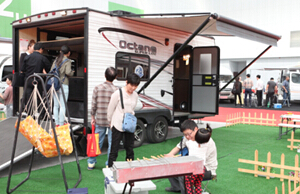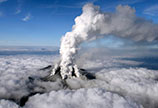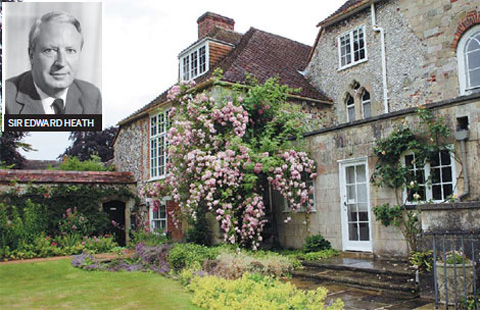Free-trade area gets big dose of medicine
By Wang Hongyi ( China Daily Europe ) Updated: 2014-07-25 06:12:52
|
The Free Trade Zone in Shanghai allows foreign investors to develop a series of sectors. Fan Jun / Xinhua |
German healthcare operator's agreement with Chinese firms brings research to zone
German healthcare operator and medical product provider Artemed Group said on July 22 that it would set up a hospital in the China (Shanghai) Pilot Free Trade Zone.
The group signed an agreement with the investment company Silver Mountain Capital, Shanghai Waigaoqiao FTZ 3U-Development Co and Shanghai Waigaoqiao FTZ Healthcare Center on July 22. The hospital will be the first fully foreign funded medical institution to be set up in the 28-square-kilometer free trade zone.
Under the agreement, the hospital will cover about 10,300 square meters in the zone. The company also plans to set up seven medical centers: a medical image center; a third-party independent diagnostics center; a medical training center; a research and development center; a demonstration center; a comprehensive outpatient center; and inpatient center in the fields of cardiovascular diseases, muscle and bone diseases, celiac disease and lung diseases.
"The hospital will set an example for promoting the implementation of the service sector's opening up in the zone," says Li Yunzhang, deputy general manager of Shanghai Waigaoqiao Group.
"It will also help further promote China's medical service level and boost the country's high-end medical industry's development."
The free trade zone was launched last September. It allows foreign investors to develop services, including healthcare and medicine.
Entry to the zone has been made easier by an updated negative list, which defines areas off-limits to foreign investors.
The updated list has lifted restrictions on the minimum investment of 20 million yuan ($3.2 million) in medical services and the maximum 20 years that they can operate.
Zhu Min, deputy director of the trade zone administration, says: "The 2014 negative list reduces the threshold for foreign investors. The Artemed hospital in the zone will undoubtedly set an example for more overseas medical bodies entering China."
The zone is also in talks with other foreign medical intuitions, Zhu says. Chinese media reported that these foreign medical intuitions include hospitals from Australia and Japan, for ventures in the fields of tumor and postoperative recovery treatment.
Many investors have expressed interest in opening hospitals in the zone because they see huge growth potential in China's healthcare market, says Zhou Mingren, vice-president of Shanghai Landseed International Hospital, the first totally Taiwan-invested hospital on the mainland, which opened in 2012.
In recent years, China has steadily eased restrictions for overseas investors in the medical sector. A document on speeding up the development of the medical sector by social capital, issued by the National Health and Family Planning Commission at the end of last year, said the areas for investors from Hong Kong, Macao and Taiwan to establish wholly owned hospitals have expanded to all prefecture-level cities on the mainland.
Other qualified overseas investors can develop wholly owned medical units in the Shanghai free trade zone and other special zones, it said.
Rainer Salfeld, executive director of Artemed, says the company welcomes the great efforts taken by the Chinese government to promote people's health.
"We will support China's healthcare reform and introduce advanced medical knowledge, equipment and management experience," he says.
The Artemed Group operates eight hospitals and five elderly-care centers in Germany, serving more than 50,000 inpatients and 150,000 outpatients every year.
wanghongyi@chinadaily.com.cn
|
|
|
|
|
|
|
|
European Weekly
 We will not give up search, Li vows
We will not give up search, Li vows
International hunt for missing airliner continues after fruitless six-day search























